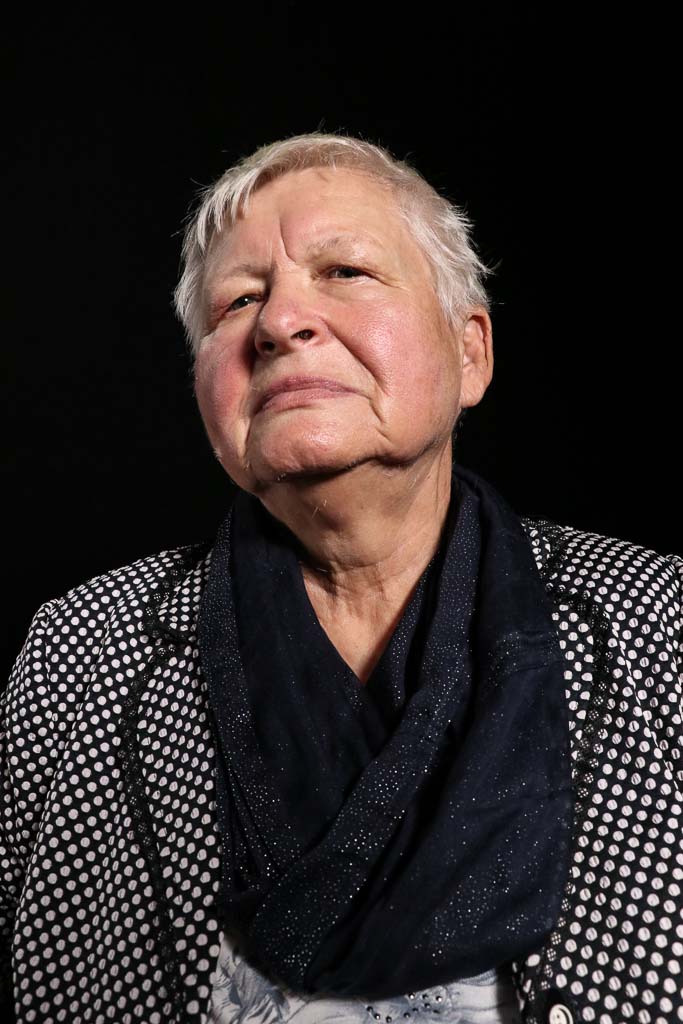We don‘t just need reconciliation, we also need to heal our wounds

Stáhnout obrázek
Margaretha Michel was born on 1 September 1944 in Litoměřice (Leitmeritz) to a German family. Her father, Franz Stiebitz, was a functionary of the Sudeten German Party and a member of the Reichstag during the war. After the war, he was sentenced as a traitor and executed in Litoměřice in December 1945. Her maternal grandfather, Adolf Pokorny, on the other hand, was recognised as an anti-fascist and worked with Radio Free Europe in Munich after the war and expulsion. Margaretha‘s mother had studied medicine in Prague before the war and was employed as a doctor in the internment camp for Germans in Roudnice na Labem from May 1945. From 1945, little Margaretha was in the care of her grandparents, the Pokorny family, whose family mill had been confiscated. Before her deportation in October 1946, she spent two weeks with them in the Litoměřice displaced persons camp and was then transported to Landshut in Bavaria, where they were assigned to the village of Weihmichl. Margaretha attended primary school there and then grammar school in Landshut. She studied geography, chemistry and biology at the University of Erlangen until 1969 and then taught at a school in Pegnitz. It was there that she met her husband, with whom she has three children. In her work at the school, Margaretha always endeavoured to raise awareness of the history of Central and Eastern Europe and organised several student exchanges with Czech schools. In the 1980s, she joined the Sudeten German Landsmannschaft as a representative of a generation and movement that was primarily committed to improving German-Czech relations. Since 1989, she has regularly visited the Czech Republic, where she has many relatives and acquaintances. In 2019-20, she worked closely with Post Bellum to collect the memories of Czech Germans and witnesses of the resettlement as part of the Odsunutá paměť project.

